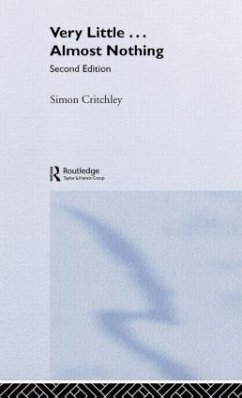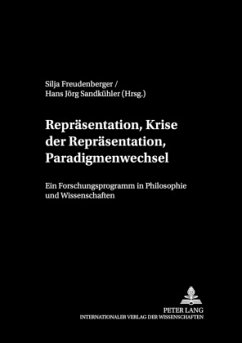
On Dialogue
Versandkostenfrei!
Versandfertig in 1-2 Wochen
130,99 €
inkl. MwSt.
Weitere Ausgaben:

PAYBACK Punkte
65 °P sammeln!
The question of how we communicate is at the heart of On Dialogue. This revised and expanded edition is the most comprehensive documentation to date of best-selling author David Bohm's dialogical world view. Whilst the exercise of dialogue is as old as civilization itself, in recent times a profusion of practices, techniques and definitions has arisen around the term 'dialogue'. None of these approaches can claim to be the correct view, but it is possible to distinguish between them and to clarify the intention of each. To this end, the current edition of On Dialogue illuminates the underlying...
The question of how we communicate is at the heart of On Dialogue. This revised and expanded edition is the most comprehensive documentation to date of best-selling author David Bohm's dialogical world view. Whilst the exercise of dialogue is as old as civilization itself, in recent times a profusion of practices, techniques and definitions has arisen around the term 'dialogue'. None of these approaches can claim to be the correct view, but it is possible to distinguish between them and to clarify the intention of each. To this end, the current edition of On Dialogue illuminates the underlying meaning, purpose and uniqueness of David Bohm's work in this field.














